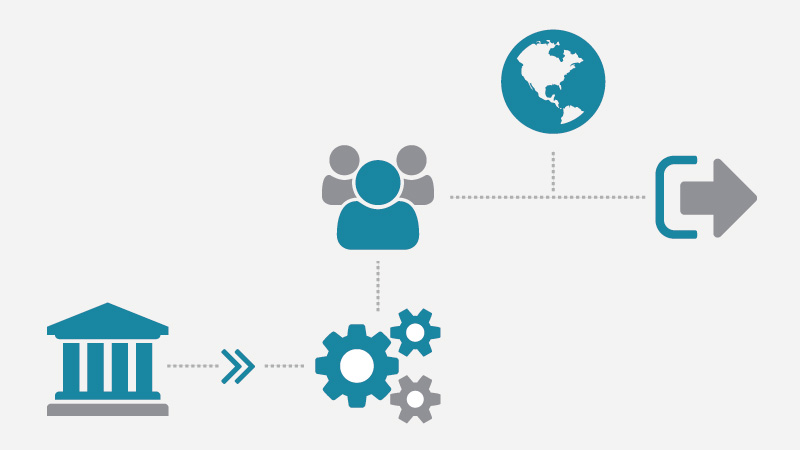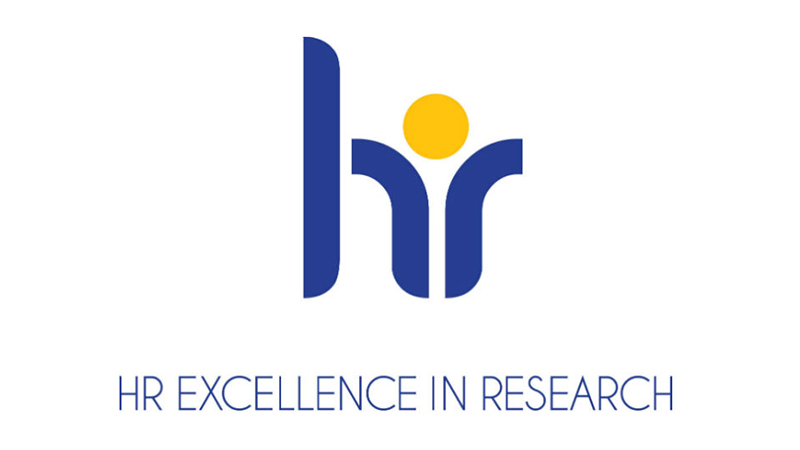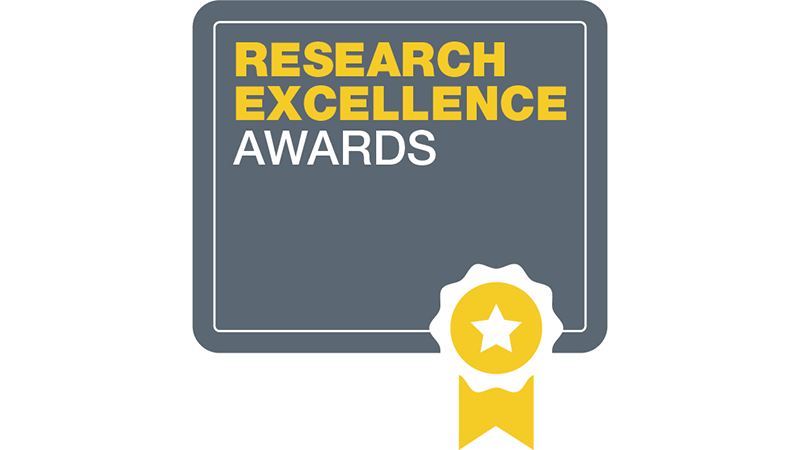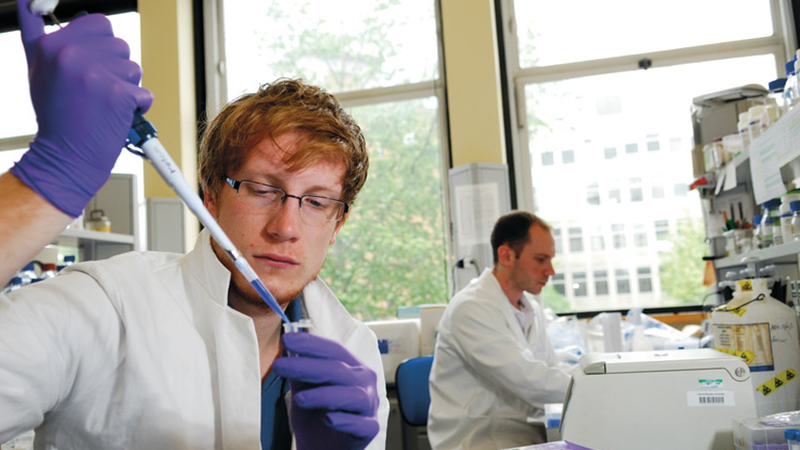“94% Internationally recognised”
“59% world-leading or internationally excellent”
“Led 41% rise in research funding”
“94% Internationally recognised”
“59% world-leading or internationally excellent”
“Led 41% rise in research funding”
At Oxford Brookes University, our research is focused on delivering social, cultural and economic benefits which are transformational for our communities, both locally and globally. Our researchers are busy pioneering eye genetics research with life-changing impact, developing new approaches to cancer care, developing sustainable energy solutions for housing, helping to conserve endangered primates in rainforests and much more.
Our research excellence has its foundations in a distinctive disciplinary base and interdisciplinary or collaborative working. Building ever stronger regional and global partnerships, and strengthening our research community through inclusiveness and connectedness are key.
Through our research, we lead and contribute to national and international initiatives, driving forward sustainable innovation, knowledge exchange and enterprise.
At Oxford Brookes, our research networks bring together expert thinkers from across the University to tackle some of the most pressing global issues. They include:
These interdisciplinary networks allow us to pool expertise across disciplines and to develop partnerships with industry and communities. This ensures that our research is translated into the best possible benefits for society.
The University’s globally recognised research centres help to define policy and thinking in a number of important areas. For example our Oxford Institute for Sustainable Development (OISD), founded in 2004, forms the largest academic research institute in the UK dedicated to research on sustainable development in the built environment.
Our newest research centres include:

The dedication and expertise of our research community underpins the University’s reputation for research excellence. To support their development, we equip staff and students with the skills and confidence to contribute across academic, commercial, public and voluntary sectors.



Oxford Brookes is a thriving centre for knowledge exchange, working closely with external partners to make a difference in the real world.
The Knowledge Exchange Framework for English universities ranked us:
(published by Research England, March 2021)
Examples of successful spin-outs from Oxford Brookes include Oxford Expression Technologies Ltd which is using its proprietary virus-based protein expression technology to help to develop a Covid-19 vaccine.
Major funding comes from research councils, charitable trusts, industry and government.
Here are some examples:
*These research projects involve other university and healthcare partners both in the UK and globally.
